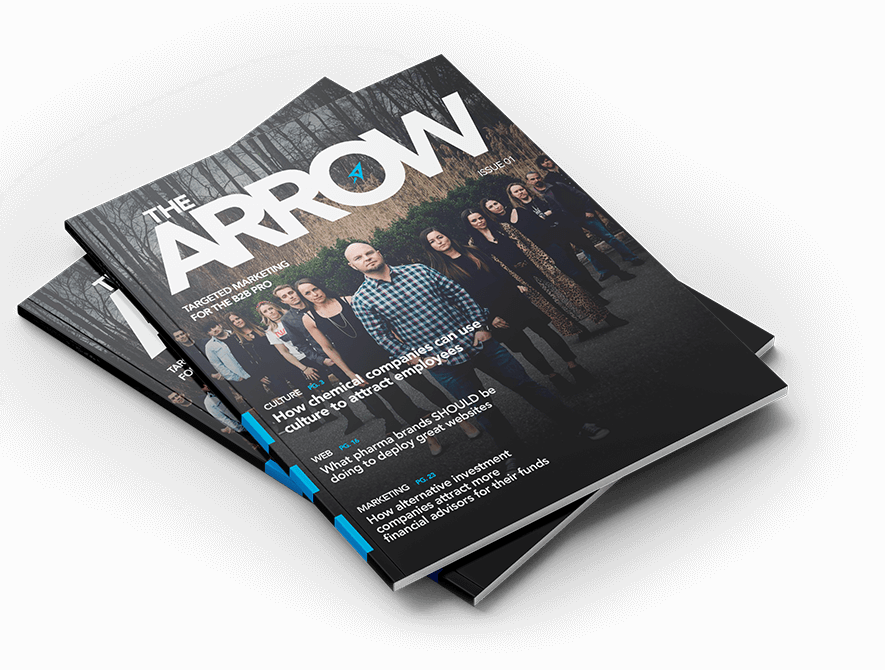How PPC Marketing Can Build Brand Awareness
Chris Mulvaney is the CEO of CMDS. I make things... I’m the creative entrepreneur with passion for (re)making brands and inventing solutions to problems no one knows exist.
Do you use PPC marketing to promote your business? You should.
And here’s why.
Your customers are looking for solutions on search engines, like Google. You’ve probably heard that you need to show up on one of the top five pages of search results because people rarely click on the results beyond the fifth page (do you even go to the second?). PPC (pay-per-click) marketing helps you get where you need to be. It’s by far the fastest way to boost website traffic and reach more people.
Let’s take a quick look at PPC marketing and how it can affect brand awareness.
What is PPC Marketing?
Many business owners work hard to build their brand and promote their services, yet they are still unfamiliar with PPC marketing such as Google AdWords. They probably recognize these ads that show up at the top of their search queries, but have no idea how they get there, how much they cost or how to go about getting an ad for their own business…let alone how to use the data from those ads to their advantage.
PPC (pay per click) marketing is a model of online advertising in which advertisers only pay each time one of their ads is clicked. Google AdWords is one of the most popular forms of PPC. It makes it easy for the small business owner, the non-profit or the real estate agent to fully execute a single ad or an entire campaign with the flexibility to make changes or stop at any time.
A lot goes into building and running a successful PPC campaign, from researching the right keywords to organizing those keywords into ad groups and setting up PPC landing pages that are optimized for the ultimate conversion.
Don’t Be Limited by False Assumptions
Be careful not to limit yourself by false assumptions like, “Google Ads cost way too much,” “Only big brands should buy these ads,” or “Whoever pays the most gets the top spot.” False. False. And even more false.
Businesses can spend as much or as little as their budget allows on PPC marketing, and since campaigns are customizable, including specific keywords and targeted zip codes, they’re perfect for local businesses of any size.
And regarding the “top spot,” your ad rank depends on more than just your bid—your quality score matters too. The quality score of your campaign takes into account the relevancy of your ads, keywords for your website, the ad’s past performance and the quality of your landing page.
Search engines are where your customers are looking for answers to their questions. Meet them there with solutions and watch your customer base and business grow.
Use Your PPC Marketing Data to Build Awareness
Anything you do that brings awareness to your brand will impact SEO…and a winning PPC marketing campaign is a great way to make customers in targeted areas aware of your company’s services. If you run a business in a competitive space, it definitely makes sense to maximize your visibility from search.
Analyzing the data can take your SEO traffic to the next level, giving you a huge advantage over the competition. After all, you need to know that your efforts are working.
With other advertising efforts, it can be difficult to measure ROI. Thankfully, AdWords allows users to customize reports and analyze KPIs including:
- Impressions (how often your ads are shown)
- Clicks (how many times someone clicked on your ad)
- CPC (how much each click cost you)
- CTR (how many people saw your ad and clicked on it)
- Conversions (how many people clicked on an ad compared to those that took a desired action, such as making a purchase or filling out a form)
- Bounce rate (percentage of single-page visits or visits in which someone left your site from the landing page)
- Quality Score (based on 3 factors: Expected clickthrough rate, Ad relevance and landing page experience)
- Quality score is the biggest metric and often, the most overlooked. You can save a lot of money AND get a lower cost per acquisition if your quality score is high.
Putting the PPC Pieces Together
Once you gather all your data, you can start to use it to your advantage. Not sure what to do with all those numbers? Don’t worry, that’s what we’re here for.
As a full-service marketing agency, we have helped business owners for over a decade with innovative success. We promote everything from restaurants to nonprofits to HVAC companies to real estate agencies. PPC marketing is an important step in operating and growing a healthy business presence online.
Need a little help in the AdWords department? Let the PPC marketing professionals at CMDS help you boost your brand and further your success online. Call us at 732-706-5555 today to get started!
Check out our blog, “A Small Business’ Guide to PPC Marketing,” for more great tips.




